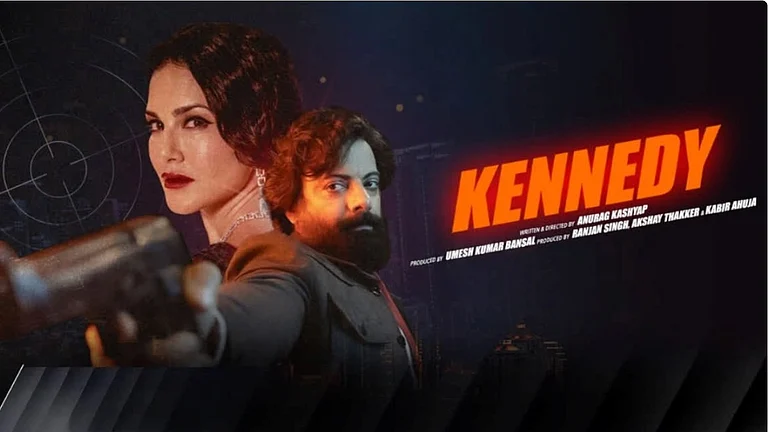Ravi Shankar is a Malayali poet and translator who lives in Palakkad in Kerala. In his first book of poems, Architecture of Flesh, he articulated the semantics of violence–political, patriarchal and communal. The intensity of his concern perfectly matches the sharpness of his images, and is now matched by The Bullet Train, which also reveals a talent for scathing satire. Tellingly dedicated to Rohith Vemula, the writer uses “black humour, stabbing sarcasm, and mischievous word-play” as K. Satchidanandan, Malayalam’s towering man of letters, says in his foreword.
Writing of Asifa, the child who was tortured, raped and killed in Kathua, RaSh plays on the name As if A, to show how even such a hideous and cruel happening can be talked out of existence. As if it had never been. The funniest poem in the book, The Anthem, has a black man sitting next to an old man with a white beard in a theatre, asking him: “Who da fuck’re you, man?” The saintly man replies, “I’m Tagore. Who art Thou?” The black man said, “I’m Bob Marley. And I never stand up for anything but my rights.”
RaSh’s range and themes are eclectic. In A Modest Proposal, there is Jonathan Swift. The misogynist, deadly satirist makes an outrageous suggestion to the Irish people about what to do with their children, to deal with the famine Ireland was facing. This is soon followed by How to Lynch a Man. RaSh suggests choosing someone alone, poor, starving, low caste or Muslim. Next, you need a slogan: ‘Har Har Mahadev’, ‘Jai Bajrang Bali ki’, or ‘Bharat chhodo’. The actual killing is described in such an unsparing way, it draws you in squirming, appalled, participating in the gruesome act. Love in the Time of Demonetisation tells a good, lascivious tale of (an imaginary) meeting in one of the endless queues, spoilt in the end by the lovers having to rush off to different banks to collect cash.
Some poems, like Sweet Porn Soup, have a touch of, well, porn, verging on the sexually explicit. In another poem, Shankar is ‘a Darya Ganj Messiah’: “I am now in a high security press/ (Where new 2,000 rupee notes are getting printed)/with a secret mission to interpolate Golwalker into Ambedkar.” In another typically hard-hitting ditty, An Appeal to the Great Teacher, the satire dwells on graphic torture of the third-degree kind: “You can teach me/How to hammer nails into a victim’s palms/How to drive a pile into a woman’s anus/Compose music from the screams of the helpless….But never, never, never never teach me/How to love.”
In the title poem of the collection, the famed bullet train itself becomes a symbol; it is the dream of the powerful. But we must recognise that there is another ‘Make in India’ model “that passes through stations with strange names like Kalburgi South, Pansare West and Dabholkar Central….” In this collection, satire looks for a way to speak of unbearable truths, with irony, laughter, savagery, and sometimes with a twist of our perception.























